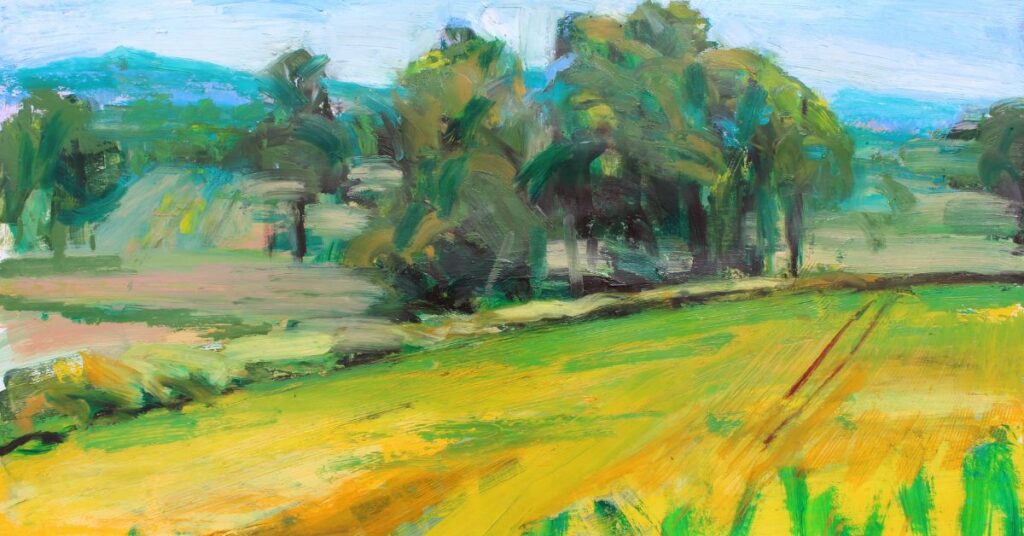
I do enjoy an intermission. When I used to work for Snape Maltings Concert Hall I could get to be part of loads of them. Every other night during festival times. It was a chance for me to roll a cigarette and slip out to the courtyard and find out who else from backstage or the orchestra/band was having the same idea. It could have been anyone and it frequently was.
And sometimes, if the evening was right, an intermission would capture all of life in a slice; an exuberant timpani player fresh off a stage-high and looking to reset himself for the second half. I have talked to them in their time between, full of the peculiar stage rhythms that they come with while they are still technically on the clock. I’ve Intermissioned with dancers as well. They are on another level, smoking two to three cigarettes at a time between their fingers. To be honest, they were never really up for some light banter, they were just out for the nicotine and then back on stage again.
I didn’t really mind what I encountered during intermission because it always had some fractal-of-life quality about it, and as I’d been sat about in the stage staff room for the entire first half, I was always ready to stretch my whatevers and maybe even learn something. I never went looking for the learning, but that stuff just hovered around an intermission, like the time a Dutch truck driver talked me through why clogs are better footwear than shoes for trucking.
I only bring this up because it has occurred to me that the book of Ruth, one of my favourites, comes with some high-intermission sensibilities. Just give me half a chance to explain.
For the mundane, there is its placing within The Holy Bible. Not exactly down the very centre line of The Old Testament, but pretty close. Next is the length of the text, which one could certainly read through during the limit of a generous intermission, and like the best intermission ever, pretty much everything about reality can be found within it. Let’s go gleaning.
Firstly there is loss and subsequent end of position. In this case Naomi losing her husband and sons whilst abroad. A deep fall that leaves her with only her sons’ wives.
Then an effort to return to her homeland, Bethlehem, with her doting child-in-law, Ruth while her other daughter returns to her homeland and local gods. Once home again, Ruth takes to gleaning the local fields behind the harvesters and under the protection of landowner, Boaz. He instructs Ruth to stay close to the confines of his field as though it was the church. At least that is how it feels to me.
Finally, there is the all-important concept of redemption and the presence of a Redeemer, both outwardly through Boaz’ offer of a formal, social redemption of Ruth, Naomi and their familial name, and the internal ongoing redemption of Ruth’s dedication to her mother and her new life.
So can we agree that there is a whole lot going on here? The book of Ruth seems to have control of both the vertical and the horizontal, if I can steal a term from The Outer Limits. If I can’t, then I’d settle on suggesting that it has both the immediate and the transcendent aspects of all Christian life pretty much covered in about fifteen minutes of reading.
Perfect intermission stuff. See the Book of Ruth. Now back to your seat.
JW Bowe